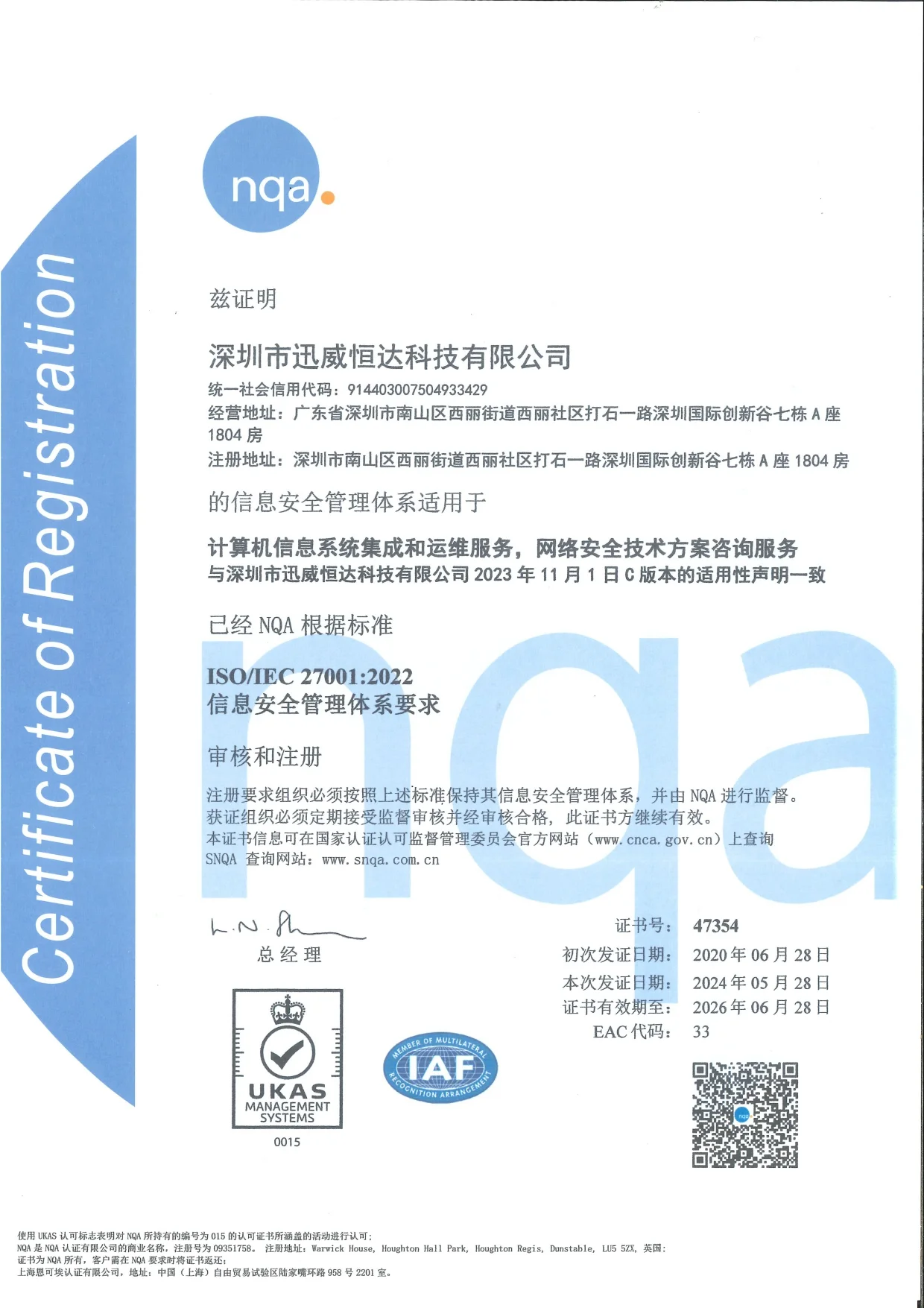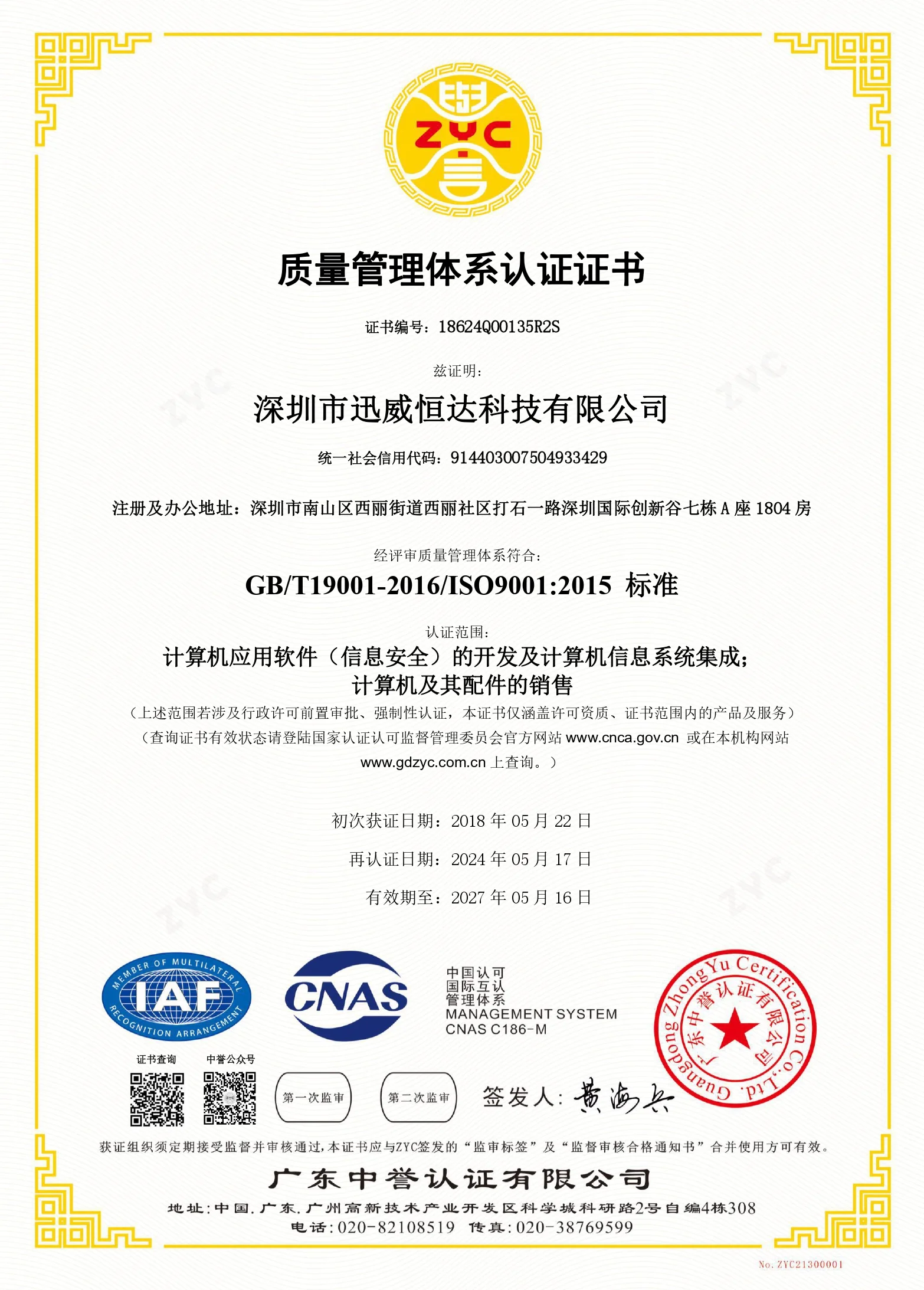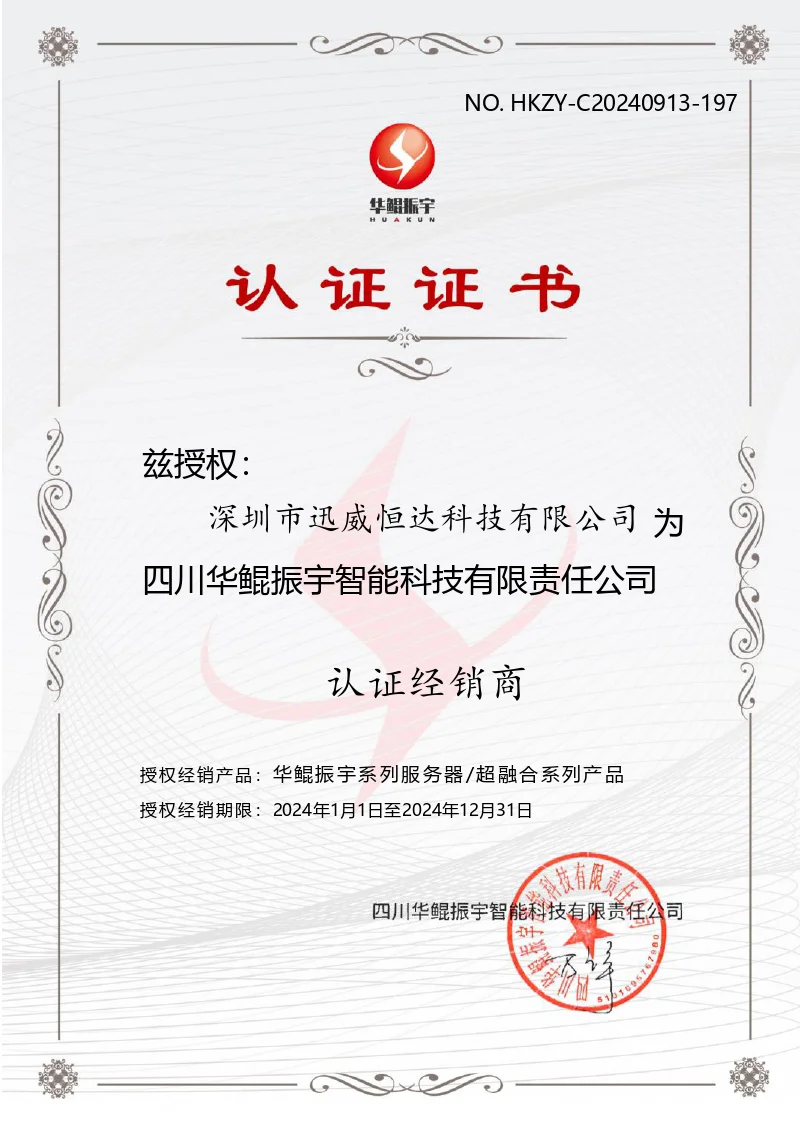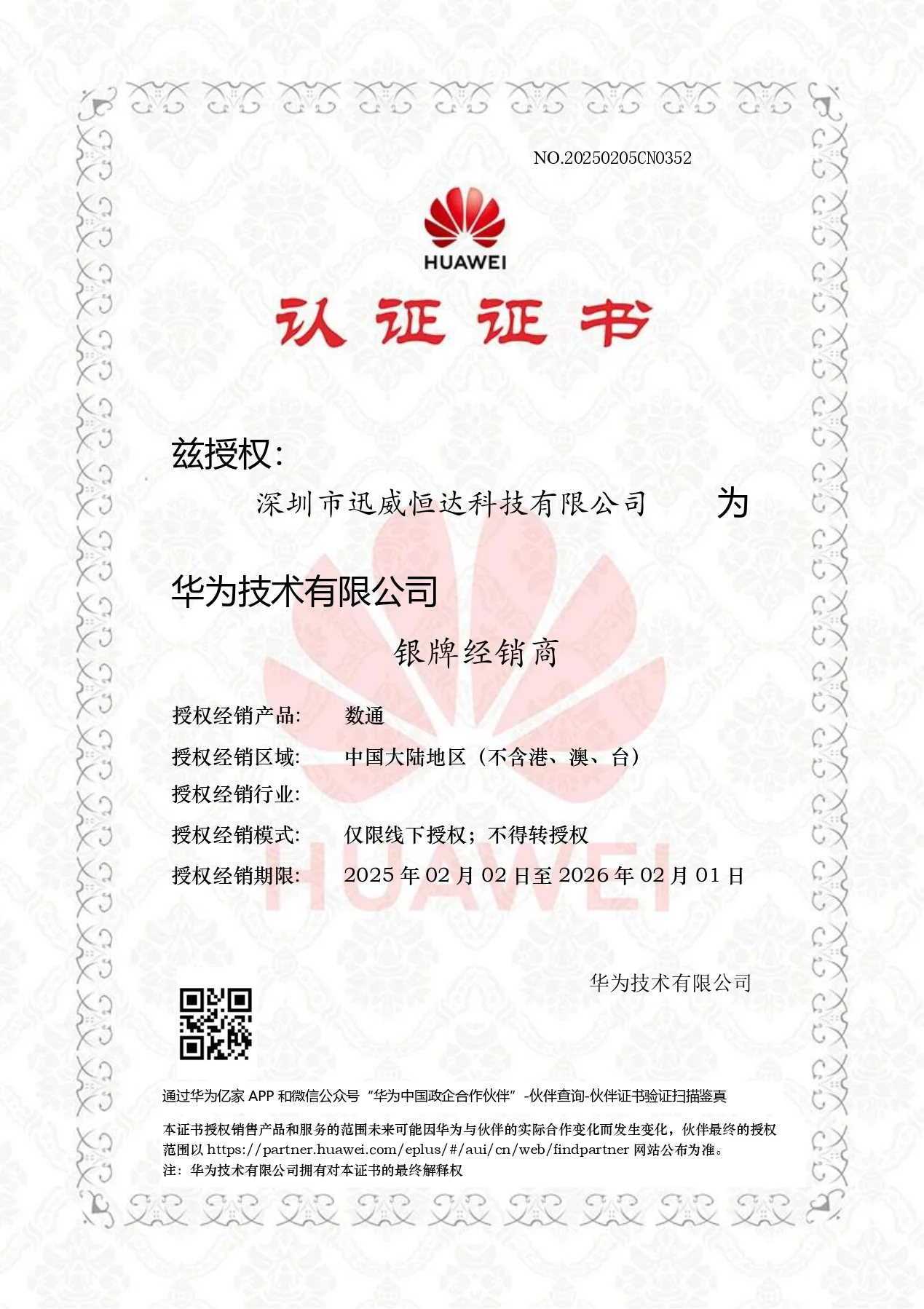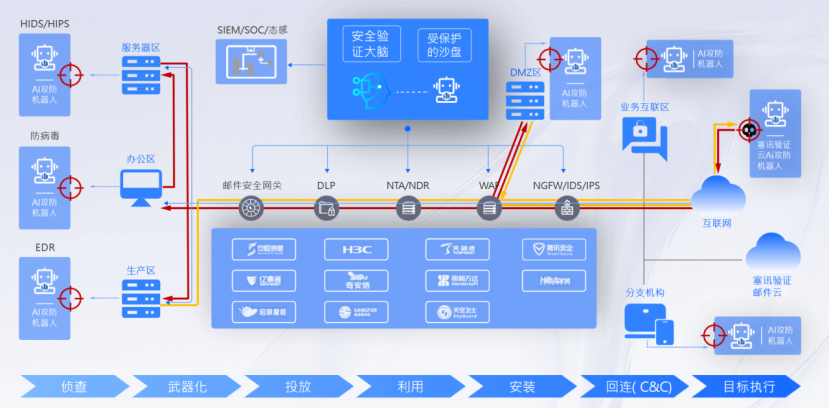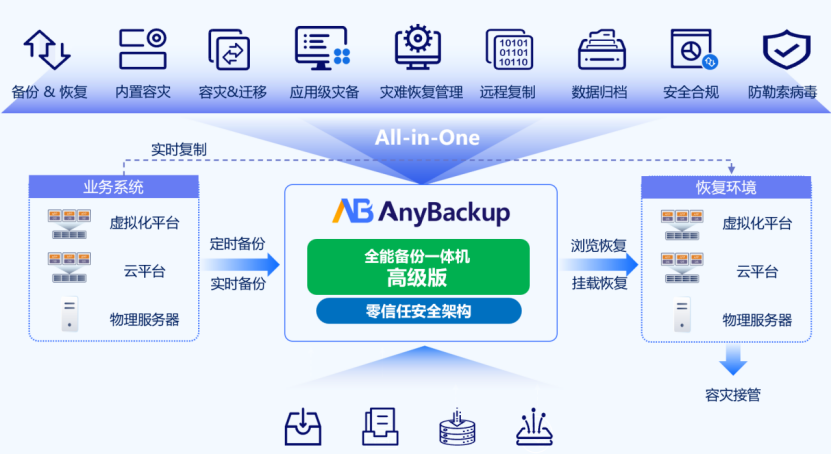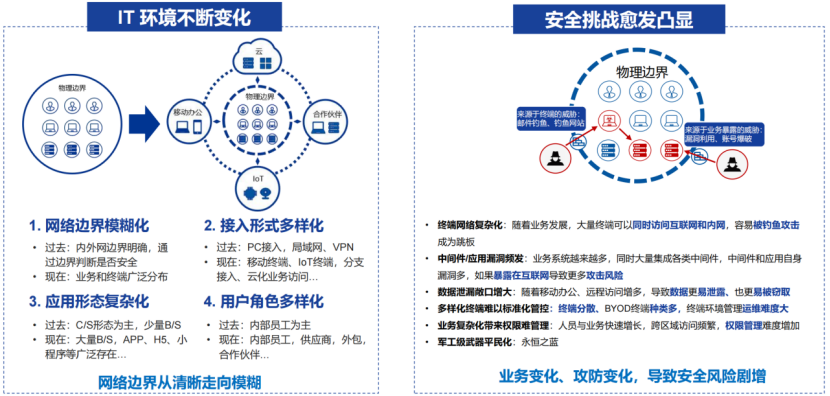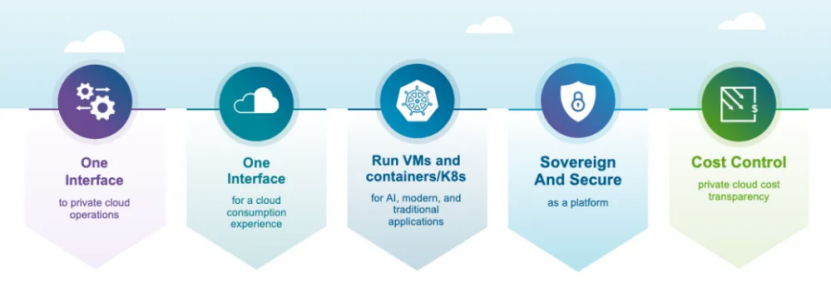

VMware VCF9
VMware Cloud Foundation 9.0 redefines private cloud: faster deployment cycles, built-in automation capabilities, and a unified cloud experience all implemented locally. It integrates security and elasticity guarantees at every layer, while achieving higher efficiency at scale through core innovations like NVMe tiered storage and global deduplication. This is a solid and ideal cloud foundation for enterprises that want to maintain control, visibility into performance and cost in modern workloads.
Category:
Keywords:
Tel
Product Details
VMware Cloud Foundation 9.0 has been officially launched. For years, digital transformation was framed as an either-or choice: migrate to the public cloud rapidly or maintain control through on-premises deployment —— often at the cost of agility, increased complexity, and technical debt. Today, this trade-off no longer holds. Modern workloads, particularly AI and data-intensive applications, are driving a new paradigm shift. PB-scale data cannot be easily relocated across regions; compliance requirements are tightening, forcing mission-critical operations to stay within local or sovereign borders; while the pay-as-you-go cloud model continues to impose persistent cost pressures and "price shocks" on financial teams across industries. With VCF 9.0, we are redefining the modern private cloud —— combining public cloud speed and flexibility with the performance, governance, and cost control capabilities required for on-premises deployments. An ideal private cloud platform should possess the following characteristics:
- Pooling and softwareizing of server, storage and network resources;
- Provide developers with a self-service API instead of a lengthy ticketing process;
- Running virtual machines, containers and emerging AI services in parallel;
- Achieve consistency from the core data center to the edge and then to the sovereign deployment without additional policy configuration;
- Built-in audit-level security mechanisms provide continuous compliance assurance for workloads deployed in different locations.
We first publicly previewed VCF 9.0 at last year's VMware Explore conference, followed by real-world testing and deployment with multiple customers over the subsequent months. The newly released VCF 9.0 marks another significant milestone in VMware's private cloud roadmap. Having been developing virtualization technology for over two decades, VCF now carries our ongoing innovation journey forward.
The core innovations of VCF 9.0
In 9.0, we have set a clear direction: the operation and maintenance of private cloud and user experience will become the core of product design. It is still based on VMware's long-accumulated technology platform, which is deeply trusted by customers.
The core feature of this release is "consistency": Whether it's troubleshooting capacity alerts, deploying new tenants, or creating CI/CD infrastructure templates, you can complete tasks using a unified policy model, API interface, and lifecycle engine. For operations teams, this significantly lowers the learning curve; for developers, the experience becomes smoother; and system consistency substantially reduces failure risks caused by fragmented tools.

Core competencies include
- Unified operation and maintenance interface: centralized view of the health status, patches, compliance, etc. of the entire cluster, unified decision view;
- Unified consumption experience: Complete IaC requests through a single endpoint (API, Terraform, VCF blueprint) without additional plug-ins;
- Virtual machine and container /K8s run in parallel: native support for Argo CD and CI/CD integration, one-click deployment from code repository to production environment;
- Native sovereignty and security: The cluster specification can integrate data residency markers, geo-fencing policies, and automatic certificate rotation;
- Built-in cost control: billing and cost forecasting dashboard is provided for tenants/business units, supporting budget, resource constraints and cost allocation.
This represents not just a version update, but a complete redefinition of the "modern private cloud platform" concept. VCF 9.0 delivers critical upgrades in deployment, operations, performance, and security to address diverse enterprise needs. It simplifies infrastructure management while creating space for innovative execution and agile governance.
Innovations in VCF 9.0
VCF 9.0 introduces a series of critical innovations that accelerate value delivery, simplify daily operations, and empower organizations to scale with greater confidence. From the new Operations Console to enhanced data protection, automation, and performance optimization, each feature addresses modern IT challenges while looking toward the future.
The following will be introduced in two aspects:
- Core platform innovation: improved performance, enhanced data protection, and improved resource efficiency;
- Results-oriented functionality: Drive business implementation around modern infrastructure, unified cloud experience, security and resilience.
Innovation in core platforms
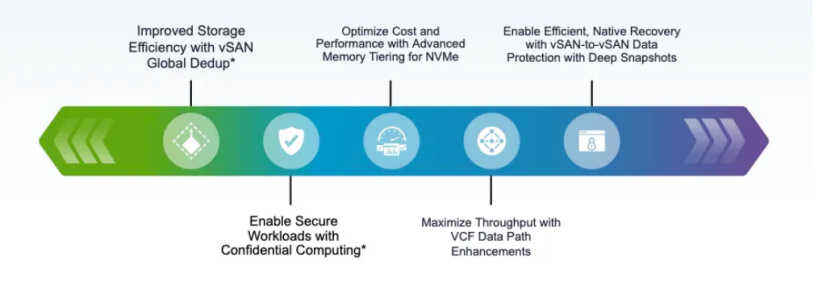
The core functions of VCF 9.0 are innovative, and the following are particularly critical:
- Advanced NVMe memory tiering: Provides a larger memory pool for intensive applications such as high-frequency trading and memory analysis by using NVMe and flash memory as an economical supplement to DRAM;
- vSAN global deduplication: cluster-level block-level deduplication, cross-disk shared deduplication benefits, reduce storage costs;
- Optimize data path: With kernel optimization and DPU acceleration, east-west latency in AI and microservice architecture is significantly reduced, API response consistency is maintained, and network device upgrade cycle is delayed.
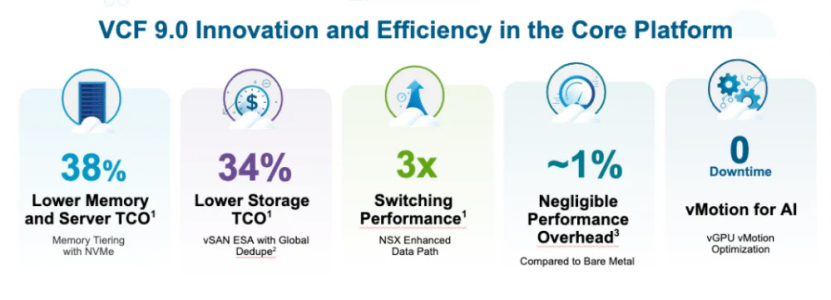 These are not just a pile of new features, but a technological evolution that is closely aligned with the goal of improving efficiency and reducing costs.
These are not just a pile of new features, but a technological evolution that is closely aligned with the goal of improving efficiency and reducing costs.
Modern infrastructure experience
VCF 9.0 brings a centralized single interface experience. VCF Operations becomes a unified platform for daily deployment, diagnosis, and troubleshooting, deeply integrated with core components, significantly improving the convenience of everything from patch management to certificate updates.
Highlights include:
- VCF Installer: Full stack deployment can be completed within a few hours;
- Simplified tenant deployment and management: wizard configuration and policy templates;
- High-performance cluster management: supports patch upgrade and change control for thousands of hosts;
- AI supported diagnostic tools: intelligent log correlation to quickly locate the root cause;
- Cost measurement and display: real-time presentation of resource consumption and cost by business unit.
Unified cloud experience
Modern infrastructure needs to be not only functional, but also high-performance, scalable, and easy to automate. VCF 9.0's unified cloud experience brings the same ease of operation for cloud administrators and developers as a public cloud, while retaining the flexibility and compliance of private deployments.
Whether building self-service catalogs for internal customers or declaring resources through IaC, VCF Automation is the key engine. By rapidly building, copying, and deploying resources from blueprints, operations and development teams can truly speak "the same language."
Key competencies include:
- Unified automation interface: supports API, Terraform, GitOps, etc., all requests carry policy and cost tags;
- Simplified cloud network and VPC consumption experience: declarative deployment, one-click completion of network, security and load balancing;
- Prefabricated blueprints and K8s management: Databases, AI stacks, and Kubernetes clusters can be deployed within minutes to ensure consistency and compliance.
Security, sovereignty and resilience
In an era of increasingly covert and difficult security threats, the security of the underlying platform is particularly important. VCF 9.0 builds a security defense from core to edge, from platform to application.
Highlights include:
- Security operation console: integrate real-time attack surface view and compliance score, one-stop vulnerability screening and patch verification;
- Configuration compliance and monitoring: real-time comparison of runtime configuration with industry baseline, automatic identification and correction of deviations;
- Identity and certificate management: Platform-level identity federation and automatic certificate rotation to avoid human error and ensure seamless SSO.
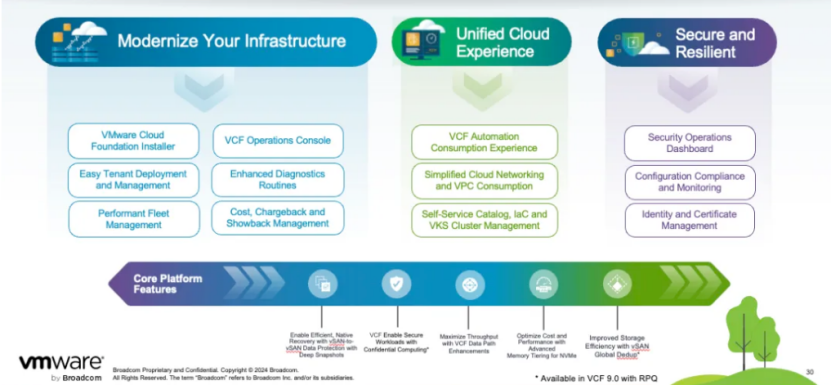
sum up
VMware Cloud Foundation 9.0 redefines private cloud: faster deployment cycles, built-in automation capabilities, and a unified cloud experience all implemented locally. It integrates security and elasticity guarantees at every layer, while achieving higher efficiency at scale through core innovations like NVMe tiered storage and global deduplication.
This is a solid and ideal cloud foundation for enterprises that want to maintain control, visibility into performance and cost in modern workloads.
Certificate of Honor



